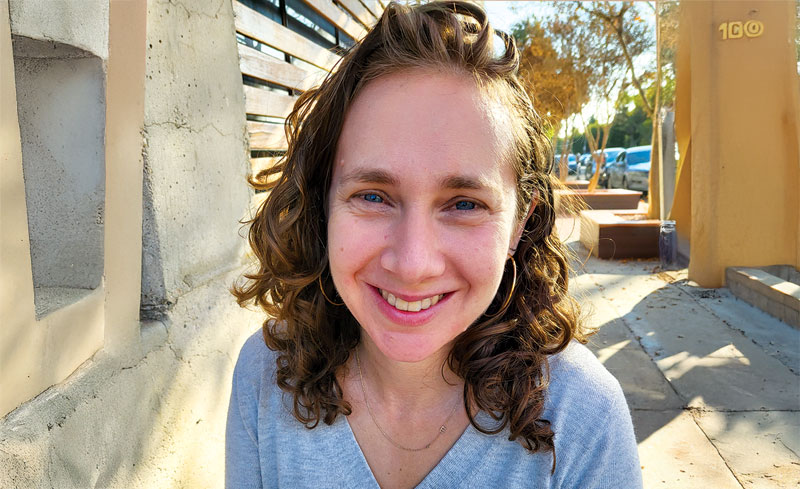People in Damascus stocked up on supplies on Wednesday and some left homes close to potential targets as U.S. officials described plans for multi-national strikes on Syria that could last for days.
United Nations chemical weapons experts completed a second field trip to rebel-held suburbs, looking for evidence of what – and who – caused an apparent poison gas attack that residents say killed hundreds of people a week ago.
But as U.N. chief Ban Ki-moon appealed for unity among world powers and sought more time for the inspectors to complete their work, Washington and its European and Middle East allies said their minds were made up and that President Bashar Assad must face retribution for using banned weapons against his people.
Syria's government, supported notably by its main arms supplier Russia, cried foul. It blamed rebel “terrorists” for releasing the toxins with the help of the United States, Britain and France and warned it would be a “graveyard of invaders”.
Syrian officials say the West is playing into the hands of its al Qaeda enemies. The presence of Islamist militants among the rebels has deterred Western powers from arming Assad's foes – but they say they must now act to stop the use of poison gas.
Britain pushed the other four veto-holding members of the U.N. Security Council at a meeting in New York to authorize military action against Assad to protect Syrian civilians – a move certain to be blocked by Russia and, probably, China.
The United States and its allies say a U.N. veto will not stop them. Western diplomats called the proposed resolution a maneuver to isolate Moscow and rally a coalition behind air strikes. Arab states, NATO and Turkey also condemned Assad.
Washington has repeatedly said that President Barack Obama has not yet made up his mind on what action he will order.
A senior U.S. official said strikes could last several days and would involve other armed forces: “We're talking to a number of different allies regarding participation in a possible kinetic strike,” the administration official said on Wednesday.
Western armies are expected to wait until the U.N. experts withdraw. Their initial 14-day mandate expires in four days, and Secretary-General Ban said they need four days work.
A second U.S. official said objectives were still being defined but that the targets could be chosen to prevent Assad from using chemical weapons in future. Washington was confident it could handle Syrian defenses and any possible reprisals by its allies, including Iran and Lebanese militia Hezbollah.
INVESTORS, RESIDENTS ALARMED
With only the timing of an attack apparently in doubt, oil prices soared to a six-month high. World stock markets were hit by jitters over where the international escalation of Syria's civil war might lead – however much Obama and his allies may hope to limit it to a short punitive mission.
Neighboring Turkey, a NATO member, put its forces on alert. Israel mobilized some army reservists and bolstered its defenses against missile strikes from either Syria or Lebanon.
Syria's envoy to the United Nations said he had asked Ban to have the team investigate three new attacks by rebel groups.
People in Damascus, wearied by a civil war that has left the capital ringed by rebel-held suburbs, braced for air strikes.
In a city where dozens of military sites are mixed in among civilian neighborhoods, some were leaving home in the hope of finding somewhere safer, though many doubted it was worth it: “Every street, every neighborhood has some government target,” said a nurse in the city center. “Where do we hide?”
At grocery stores, shoppers loaded up on bread, dry goods and cans. Bottled water and batteries were also in demand.
TIMING CALCULATIONS
Numerous factors, including weather and assessments of Syrian air defenses, may affect the timing of strikes. Analysts expect cruise missiles to be launched from U.S. ships in the Mediterranean. Aircraft could also play a role, as may forces from other NATO powers, notably Britain and France.
Obama is waiting for a U.S. intelligence report, though its findings are in little doubt. U.S. officials have already blamed Assad for the attacks on August 21.
British Prime Minister David Cameron has recalled parliament to debate the Syria crisis on Thursday. He should be able to secure cautious support, despite widespread misgivings among Western voters about new entanglements in the Muslim world. But British action is unlikely before lawmakers have had their say.
The prospect of a Group of Twenty summit in St. Petersburg next Thursday may also weigh in calculations over timing any strikes. Russian host President Vladimir Putin has made clear his view that Western leaders are using human rights as a pretext to impose their will on other sovereign states.
“The West behaves like a monkey with a grenade in the Islamic world,” Russian Deputy Prime Minister Dmitry Rogozin tweeted on Wednesday. Western leaders in the G20 may prefer to have any strikes on Syria completed before the summit starts.
As diplomats from Russia, China, Britain, France and the United States met at the United Nations, Moscow said Britain was “premature” in seeking a Security Council resolution for “necessary measures” to protect Syrian civilians.
British Foreign Secretary William Hague said Russia and China might veto the move but added: “It's time the U.N. Security Council shouldered its responsibilities on Syria which for the last two and a half years it has failed to do.”
A senior Western diplomat said: “Of course there will be a Russian veto, but that's part of the objective – to show that we tried everything and the Russians left us no choice.
“The Americans want to go quickly.”
INTERNATIONAL LAW
China's official newspaper also criticized on Wednesday what it saw as a push for illegal, Iraq-style “regime change” – despite U.S. denials that Obama aims to overthrow Assad.
The U.S.-led NATO alliance said evidence pointed to Assad's forces having used gas, calling it a threat to global security.
Ban's special envoy for Syria, Algerian diplomat Lakhdar Brahimi, said “international law is clear” in requiring Council authorization for any military action. But Western leaders say precedents, including NATO's bombing of Russian ally Serbia in 1999 during the Kosovo war, allow them to protect civilians.
There was tension between the United Nations and Western governments. One U.N. official said: “The U.N. is annoyed and feels the Western powers haven't shared data or evidence with them, which is a problem. It kind of undercuts U.N. authority.”
Rebel fighters and opposition activists showed the inspectors homes in the eastern Damascus suburb of Zamalka that had been hit by last week's gas release. The experts also tested and interviewed survivors in hospital, as they did on a first trip on Monday that came under sniper attack.
Amateur video showed the convoy of white U.N. jeeps driving along a road, accompanied by rebels. One pick-up truck was mounted with an anti-aircraft gun. Gunmen leaned from the windows of another. Bystanders waved as the vehicles passed.
Syria's civil war has killed more than 100,000 people since 2011 and driven millions from their homes, many crossing borders into Turkey, Lebanon, Jordan and Iraq.
It has heightened tensions between Assad's sponsor Iran and Israel, which bombed Syria this year, and has fuelled sectarian bloodshed in Lebanon and in Iraq, where bombs killed more than 70 people on Wednesday alone.
Iranian Supreme Leader Ayatollah Ali Khamenei said on Wednesday that U.S. action would be “a disaster for the region”.
Additional reporting by Wiliam Maclean and Mariam Karouny in Beirut, Guy Faulconbridge and Andrew Osborn in London, Steve Gutterman in Moscow, Tom Miles and Stephanie Nebehay in Geneva, Yeganeh Torbati and Yara Bayoumy in Dubai, Anthony Deutsch and Thomas Escritt in The Hague, Ben Blanchard in Beijing and Arshad Mohammed in Washington; Writing by Alastair Macdonald; Editing by Will Waterman and David Stamp






















 More news and opinions than at a Shabbat dinner, right in your inbox.
More news and opinions than at a Shabbat dinner, right in your inbox.